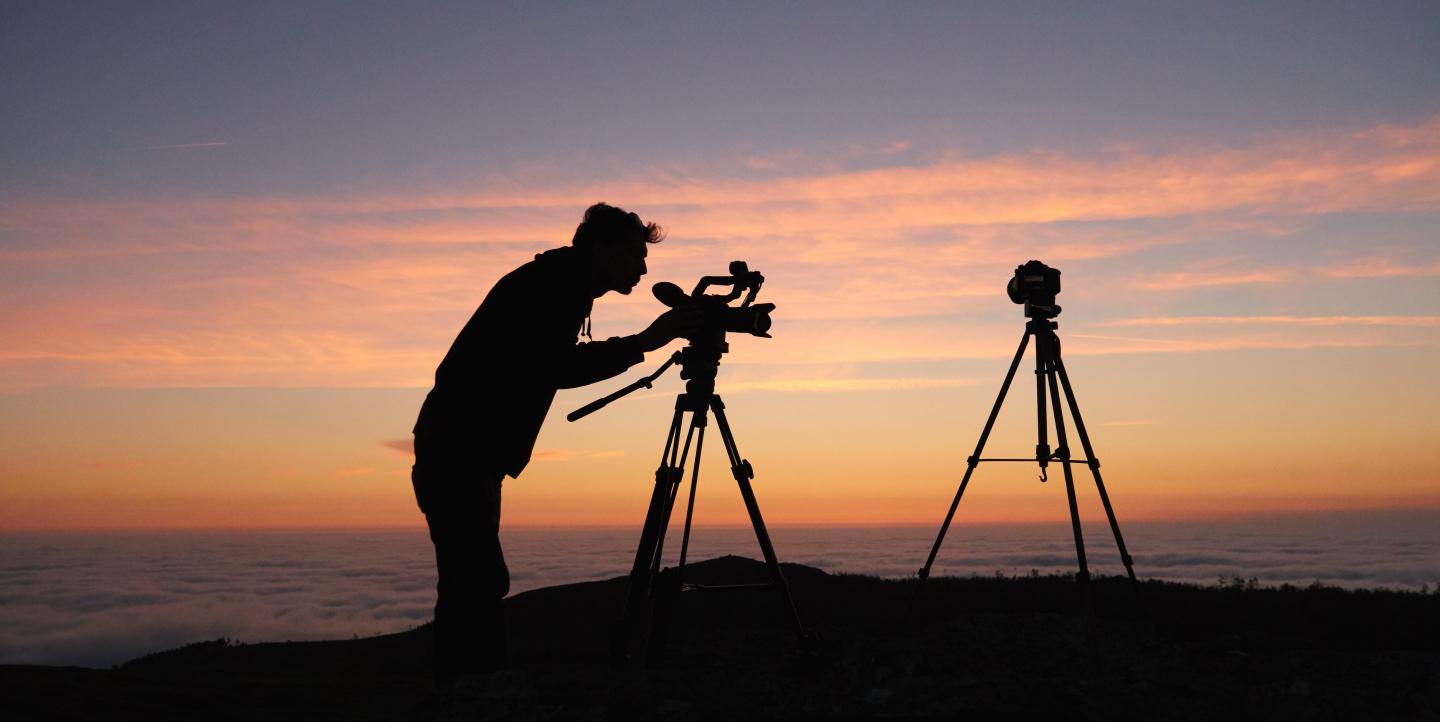Although more communities are acknowledging Indian Country’s impact, the changes are not necessarily showing up in mainstream reporting.
Since 1937, Columbus Day has been designated as a federal holiday. However, in recent years more communities have started observing the second Monday in October as Native American Day or Indigenous People’s Day. Among the cities making the change are Seattle, Minneapolis, Albuquerque, Denver, Oklahoma City, San Francisco and more.
Despite the changes, Indigenous reporters and community members still have to educate reporters.
Former president of the Native American Journalists Association (NAJA), Rhonda LeValdo teaches mass communications at Haskell Indian Nations University in Lawrence, Kansas. When working with student and non-Native journalists, she often reminds them to choose their words carefully to avoid using culturally insensitive phrases that have found their way into the common parlance.
“Phrases like ‘low man on the totem pole,’ ‘let’s go powwowing,’ [or] ‘off the reservation’ are not acceptable and are often used in the wrong context,” she said. “I try to make sure my students aren’t using stereotypes of other groups as well.”
That emphasis on avoiding stereotypes also extends to sports coverage. Citing the negative mental health impact on both Indigenous and non-Indigenous students, the American Psychological Association issued a resolution in 2005, calling for the immediate retirement of all American Indian mascots, symbols and images.
The National Congress of American Indians, the country’s oldest and largest inter-tribal organization, has been calling for the Washington, D.C. NFL team to change its name and mascot since 1972. NAJA has previously asked reporters and editors to limit or completely stop using team names and logos that carry blatantly racist overtones.
At a professional level, this also includes the NHL team in Chicago and the MLB clubs in Cleveland and Atlanta. However, the impact extends much farther as a handful of colleges and universities still use Native mascots, as do about several hundred high schools nationwide.
Sarah Adams-Cornell is a citizen of the Choctaw Nation of Oklahoma. A member of Live Indigenous OK, she was among the parents who lobbied Oklahoma City Public Schools to change the mascot at one of its high schools and stop conducting land run re-enactments as a way to teach state history.
In both instances, she said reporters from mainstream outlets often focused solely on the controversy and gave short shrift to the issue and its impact on Native communities, while those from outlets that primarily served minority communities dug in a little deeper.
“Do your due diligence and don’t always depend on communities of color to educate you on what you should be doing yourself,” she said. “If you’re wanting to report on an issue, ask why and how it impacts our community.”
She encourages reporters to ask Native community members about their ideal outcomes and best-case scenarios “Don’t assume you know the answers and don’t rely solely on statistics,” said Adams-Cornell. “There’s a much bigger story that just the numbers for communities of color.”
Sourcing and attribution tips
Do ask sources who claim Indigenous heritage what their tribal affiliation is and how they want to be identified in copy. “When interviewing someone, I ask him/her what their preference is when being described,” Osage News senior reporter Benny Polacca said. “I use that to bring the case to the editor that that is what the subject prefers.”
Do be prepared to ask for additional details, such as which of the three federally recognized Cherokee tribes they are enrolled with or where the tribe is headquartered.
Do not ask or list out blood quantum or “how much” Indian someone is. Additionally, although it is not polite or relevant to include someone’s blood quantum, that figure is denoted by a fraction, not a decimal point.
Do not equate tribal heritage with tribal citizenship. Each sovereign tribe has the right to set its own citizenship criteria, so it is possible that a person may have Indigenous ancestors, but not qualify for tribal citizenship.
For more resources, such as an AP Style Guide, tips for ethical reporting on the Indian Child Welfare Act and more, check out NAJA’s website.
A citizen of the Cherokee Nation, Lenzy Krehbiel-Burton is a freelance reporter based out of Tulsa, Oklahoma. She is a member of the Native American Journalists Association, Oklahoma Pro Chapter of the Society of Professional Journalists and the Association of Health Care Journalists.
Main image CC-licensed by Unsplash via Djan MacAlister.

